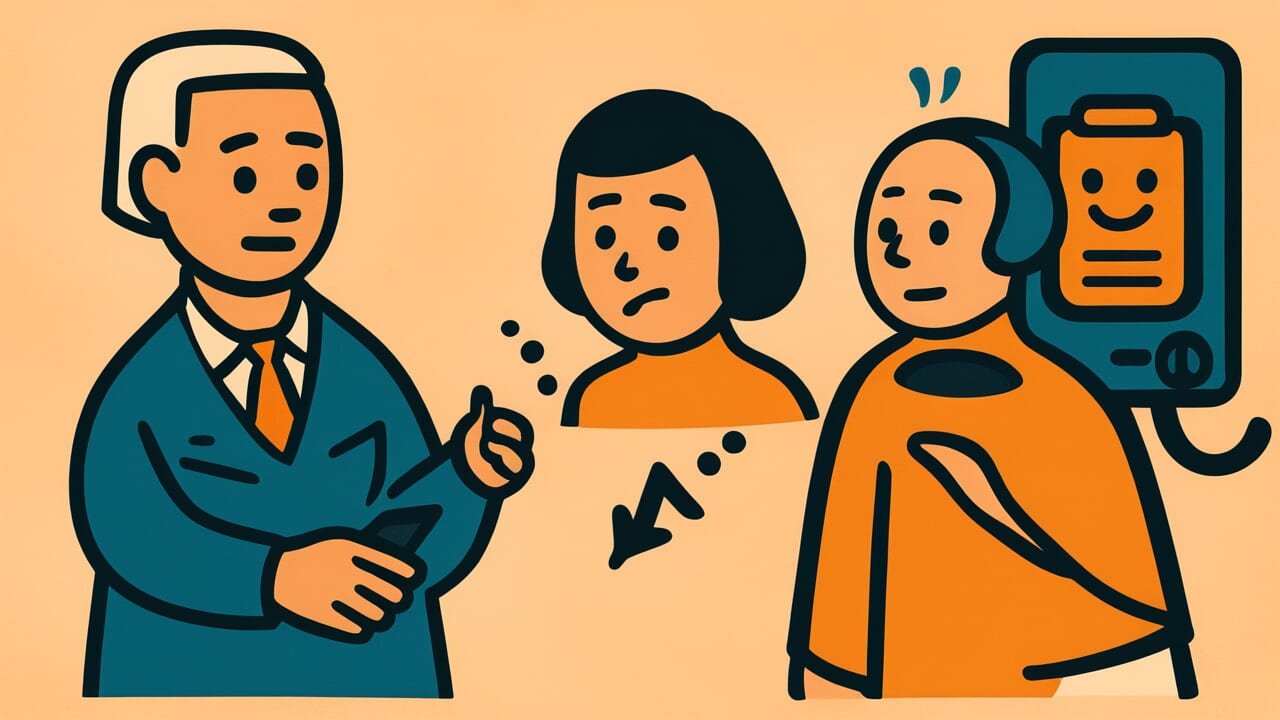How to Read “Nature is similar, habits grow distant”
sei ai chikashi narai ai tōshi
Meaning of “Nature is similar, habits grow distant”
This proverb means that humans don’t differ much at birth. But education, daily habits, and living environment make them very different people later on.
In other words, your personality and abilities aren’t determined by inborn talents or traits. What matters more is the environment you grow up in and the habits you develop.
People use this proverb when discussing the importance of education. It also comes up when talking about how environment influences people.
The saying emphasizes the value of effort and learning. It carries a hopeful message: you shouldn’t blame your birth circumstances. Through daily accumulation, people can change.
Even today, this wisdom remains relevant when we think about family environment and educational settings. The meaning never fades.
Origin and Etymology
This proverb likely comes from the words of Confucius recorded in the Analects, specifically the Yang Huo chapter. The original text reads “性相近也、習相遠也.”
It shows deep insight into human nature.
During the Spring and Autumn period when Confucius lived, Chinese thinkers debated intensely. They asked whether human nature was fundamentally good or evil.
Confucius took the position that people aren’t very different at birth. But he also pointed out something important. Life habits and education create large differences between people over time.
This teaching came to Japan sometime between ancient times and the medieval period. That’s when Buddhist and Confucian thought arrived in Japan.
During the Edo period, Confucian studies became essential learning for the samurai class. The Analects became widely read. Through this process, these words became established as a Japanese proverb.
What’s interesting is how people used this saying. It often appeared in contexts emphasizing education’s importance.
The idea that people change more through learning and environment than through birth took deep root. This matched well with Japanese culture, which values education highly.
Interesting Facts
Confucius’s words greatly influenced later thinkers. Mencius taught that human nature is fundamentally good. Xunzi argued for the theory of evil nature.
But both inherited Confucius’s core idea: education can change people.
In Japan, Edo period temple schools spread education even to common people. Confucian thought about the importance of “habits” helped drive this expansion.
Even in an era of strict social classes, people believed in something powerful. They believed learning could help anyone grow. This belief gave many people opportunities to study.
Usage Examples
- When I see twins who were born together walking completely different paths, I think “Nature is similar, habits grow distant” is well said
- I need to think seriously about my child’s educational environment. As “Nature is similar, habits grow distant” says, daily accumulation determines the future
Universal Wisdom
This proverb has resonated with people for thousands of years. The reason is clear: it shows both human possibility and human responsibility.
Humans don’t differ much at birth. This fact gives us hope.
No matter what environment you’re born into, no matter your circumstances, you can shape your life through effort and learning. You don’t need to be bound by the fate of your birth.
This is a powerful message.
But at the same time, this proverb places a heavy responsibility on us. People change greatly through environment and habits. This means they can change in good directions or bad directions.
What do you choose each day? What do you make into habits? Who do you spend time with? What environment do you place yourself in?
All of these shape who you are as a person.
Our ancestors understood human nature deeply. People are highly malleable beings. That’s exactly why education is necessary. That’s exactly why daily choices matter.
This truth never fades, no matter how times change. We are continuously creating ourselves every single day.
When AI Hears This
Human nature at birth actually starts at almost the same starting line. In chaos theory terms, the initial values are nearly equal.
But here’s what’s fascinating: small environmental differences afterward expand explosively over time.
For example, imagine a child reads one extra picture book at age three. This small difference creates a change of ten more vocabulary words.
Then the quality of their questions improves slightly. They can draw out more detailed explanations from adults. This further stimulates intellectual curiosity.
By age five, there’s a twofold difference in reading volume. By age ten, learning habits themselves become completely different. By age twenty, thinking patterns are fundamentally different.
That initial difference of just one book changes an entire life.
Chaos theory mathematically proves something remarkable. A 0.001 percent difference in initial values produces 100 percent different results after several dozen steps.
Human growth is the same nonlinear system. Small daily habits change tomorrow’s choices. Those choices then change the next habits. This chain reaction self-amplifies.
That’s why initial educational intervention becomes critically important. Slight good habits in the early stages create unpredictably large life differences.
Just as completely different trees grow from the same seed, humans branch into infinite possibilities depending on environment.
Lessons for Today
This proverb teaches us something vital for modern life. Your choices in this moment create your future.
You don’t need to make excuses about your birth environment or past failures. What matters is what habits you start today.
Read a little every day. Live a regular life. Use positive words. Spend time with trustworthy people.
The accumulation of these small habits shapes who you are as a person. Conversely, by breaking bad habits, you can change your life’s direction.
This proverb also sends an important message to people involved in child-rearing and education. Children’s potential is unlimited.
What environment will you provide? What habits will you help them develop? Feel the weight of that responsibility, but also hold onto hope.
Your life begins with today’s choices. Nature is similar, habits grow distant.
With these words in your heart, why not start building better habits one by one?



Comments